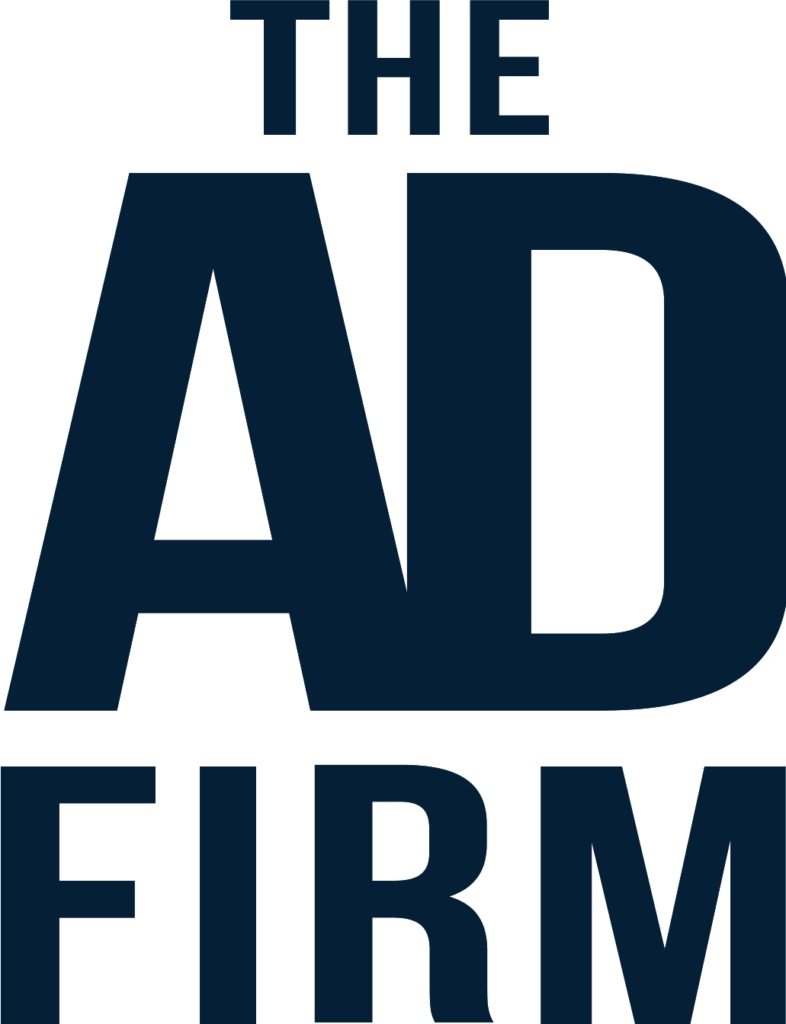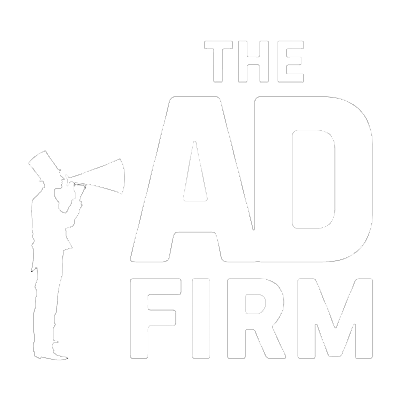Pay-Per-Click (PPC) advertising is a straightforward approach where you pay a fee each time someone clicks on your ads. It’s a direct method to drive traffic to your website, unlike organic strategies that gradually attract visitors. Among various PPC tactics, Smart Bidding stands out. Whether you’re new to PPC or looking to enhance your existing campaigns, understanding Smart Bidding is crucial. This guide will walk you through what Smart Bidding is, how it works, and when it’s most effective to use it in your advertising strategies.
Understanding Smart Bidding
Smart Bidding is an automated bid strategy used within Google Ads that utilizes machine learning to optimize for conversions or conversion value in each auction—a method Google refers to as “auction-time bidding.” This strategy is part of Google Ads’ suite of automated tools designed to improve campaign performance based on the goals you set.
Smart Bidding analyzes past data and learns over time to predict which combinations of bids are most likely to lead to conversions. By automating the bidding process, it removes much of the guesswork involved in setting bids for different ad placements. This is especially useful in a competitive digital marketing environment where every click can cost significantly and budgets need to be spent efficiently.
READ ALSO: Advanced PPC Tactics: Improving Campaign Performance and Reducing Costs
Key Components of Smart Bidding
Smart Bidding relies heavily on Google’s advanced machine learning algorithms, which continuously improve the accuracy of predictions for bids that maximize conversions. Here are the primary components that influence Smart Bidding’s decisions:
- Historical data: Smart Bidding looks at previous campaign data to understand what has worked and what hasn’t.
- Contextual signals at auction time: These include the device, location, time of day, language, operating system, and more, which might affect the likelihood of conversion.
Specific factors considered by Smart Bidding include:
- Device: Adjustments are made according to whether a user is on a mobile phone, tablet, or desktop, as conversion rates can vary by device.
- Location and time of day: Bids can be optimized based on where and when ads are likely to perform best.
- Demographics: Adjustments are made based on age, gender, and other demographic details.
- Interface language: Adjustments based on the language settings of the user’s device.
Types of Smart Bidding Strategies
Smart Bidding in Google Ads offers several strategies, each designed to meet different advertising goals and budgetary considerations. These automated strategies use machine learning to predict and adjust bids in real-time, optimizing your ad spend for the best possible outcomes.
Whether your focus is on controlling costs, maximizing returns, or driving as many conversions as possible, there’s a Smart Bidding strategy tailored to your needs. Let’s explore the most common types and how they can be leveraged effectively in your campaigns.
Target CPA (Cost Per Acquisition)
The Target CPA strategy is designed to help you acquire new customers at a predefined cost per acquisition, making budgeting more predictable. This strategy automatically adjusts bids to achieve this set CPA across all ad auctions.
It’s particularly beneficial for businesses that have a clear understanding of how much they can afford to spend to acquire a new customer, enabling efficient allocation of ad spend while aiming to maximize conversion volume. By focusing on cost control, this strategy helps ensure that advertising expenses directly correlate with actual acquisition costs.
Target ROAS (Return on Ad Spend)
Target ROAS strategy is all about return on investment. You specify the average return you expect from each dollar spent on ads, and Google Ads adjusts your bids to meet this target. This strategy is ideal for businesses that are driven by financial KPIs and need to ensure that every dollar spent on ads brings a quantifiable return.
It’s particularly effective for e-commerce businesses where ad spend can be directly linked to revenue outcomes, making it easier to measure and adjust for optimal performance.
Maximize Conversions
If your primary goal is to get as many conversions as possible without a specific target cost in mind, then the Maximize Conversions strategy is your best bet. This approach uses advanced algorithms to optimize your bids and try to use your specified budget to gain the maximum number of conversions.
It’s well-suited for campaigns where budget flexibility is high, and the main objective is scaling activity to capture market demand. This strategy works well during sales or promotions, where volume is more important than the cost efficiency of each conversion.
Enhanced CPC (Cost Per Click)
Enhanced CPC (ECPC) is somewhat of a hybrid approach. While it allows you to maintain some control over your bid settings, it also adjusts your bids to improve conversion rates. This strategy increases or decreases your manual bids based on the likelihood that a click will result in a conversion.
ECPC is useful for advertisers who prefer to keep a hand on the wheel but still want to benefit from some level of bid automation to improve their conversion rates. This strategy is particularly effective in competitive markets where minor adjustments can significantly impact campaign performance.
When to Use Smart Bidding
Smart Bidding strategies are particularly beneficial in certain scenarios, including:
- Complex campaigns: Where adjusting bids for different ad groups based on multiple changing variables can significantly improve performance.
- Large-scale campaigns: Where the volume of conversions can justify the use of advanced machine learning technologies.
Business types that can benefit greatly from Smart Bidding include e-commerce websites with many products, companies looking to generate leads, and businesses in competitive markets where efficient bid management is critical.
Tips for Integrating Smart Bidding into an Existing PPC Campaign
- Evaluate your data tracking: Ensure that you have reliable conversion tracking in place so that Smart Bidding strategies have accurate data to work with.
- Understand your campaign goals: Align Smart Bidding settings with your specific business objectives and conversion targets.
- Test and learn: Consider running A/B tests to compare Smart Bidding against your existing strategies.
Benefits of Using Smart Bidding

Smart Bidding harnesses advanced algorithms and machine learning to streamline the PPC management of your campaigns, enhancing their effectiveness and efficiency. This approach not only simplifies the day-to-day handling of bid adjustments but also improves campaign outcomes through precision and automation. Here are some key benefits that Smart Bidding offers, making it a valuable tool for advertisers aiming to maximize their digital advertising efforts.
1. Automation Saves Time and Reduces Manual Errors
The automation of the bidding process is a significant advantage of Smart Bidding. By handling bid adjustments automatically, it saves advertisers a considerable amount of time that would otherwise be spent manually managing each bid.
This automation also minimizes human errors, such as overbidding on a less profitable segment or underbidding during peak opportunities. As a result, campaigns become more consistent and reliable, as they are optimized based on data-driven insights rather than manual guesswork.
2. Improved ROI Through More Effective Bid Management
Smart Bidding optimizes your bids on each ad auction, ensuring that your budget is utilized in the most efficient manner possible. This targeted approach often leads to an improved return on investment (ROI) because it adjusts bids based on the likelihood of conversion.
For example, if the data indicates that certain times of day or specific demographics are more likely to convert, Smart Bidding will allocate more of your budget to these higher-performing areas, thus maximizing your potential returns.
3. Ability to Achieve Specific Advertising Goals
One of the most compelling benefits of Smart Bidding is its flexibility to support various advertising objectives. Whether you aim to maximize overall conversions, achieve a specific cost per acquisition, or hit a targeted return on ad spend, Smart Bidding provides a strategy to align with your goals.
This adaptability allows marketers to tailor their approaches based on campaign performance and business objectives, ensuring that each campaign is optimized for the best possible outcomes.
Challenges and Considerations
While Smart Bidding offers numerous benefits for PPC campaign management, it also presents certain challenges that advertisers must consider. These considerations are crucial for ensuring that the automation does not negatively impact the campaign’s performance and that it aligns well with your marketing goals. Understanding these challenges can help you prepare for and mitigate potential risks associated with automated bidding systems.
Data Requirements for Effective Smart Bidding
For Smart Bidding to function optimally, it relies heavily on the availability of extensive, accurate historical data. This data helps the algorithm learn and make informed bidding decisions. However, businesses that are new or have not been collecting comprehensive data might find it challenging to use Smart Bidding effectively. Without sufficient data, the machine learning models may not perform at their best, leading to less than optimal bidding decisions that could affect the overall campaign performance.
Potential Risks of Over-reliance on Automation
Automating the bid management process can greatly enhance efficiency and consistency, but excessive reliance on automation comes with its risks. There’s a potential for issues such as budget overspend if the automated system does not correctly interpret market changes or if it lacks the necessary input to respond to an unusual event.
Furthermore, over-reliance on automation might prevent advertisers from applying nuanced strategies that require human intuition and understanding of the market, potentially leading to missed opportunities for optimization.
Importance of Monitoring and Adjusting Strategies
Relying on Smart Bidding does not eliminate the need for human oversight. It is essential to continuously monitor and adjust Smart Bidding strategies to ensure they remain effective under changing market conditions and performance metrics.
Regularly reviewing campaign performance can help identify areas where Smart Bidding may not be performing as expected, allowing for timely adjustments. This monitoring is crucial to maintaining control over the automated processes and ensuring that they contribute positively to the campaign’s goals.
Best Practices for Transitioning from Manual Bidding to Smart Bidding
Transitioning from manual bidding to Smart Bidding in Google Ads can significantly enhance campaign performance if done correctly. It’s important to approach this transition methodically to maximize the benefits while minimizing disruptions. Here are some best practices to consider when shifting from manual to automated bidding strategies:
- Start small: It’s wise to begin by allocating a portion of your advertising budget to Smart Bidding. This allows you to observe and understand the impacts and adjustments it makes without fully committing all your resources. Gradually increase the budget as you become more comfortable with the system’s performance.
- Use historical data: Smart Bidding relies heavily on data to make informed decisions. Ensure that you have robust and reliable historical data, ideally at least 30 days of conversion data, before fully transitioning. This depth of data helps the Smart Bidding algorithms to optimize bids more effectively based on past performance trends.
Final Thoughts
Exploring Smart Bidding offers a substantial opportunity to enhance both the efficiency and effectiveness of your PPC campaigns. For businesses aiming to further refine and optimize their advertising strategies, consulting with seasoned professionals can be invaluable. Experts like those at The Ad Firm, a full service digital marketing agency, possess the deep knowledge and experience necessary to tailor Smart Bidding strategies to your unique business needs, ensuring you leverage this powerful tool to its maximum potential. This collaboration can transform your approach to digital advertising, leading to better results and a stronger competitive edge in your market.









